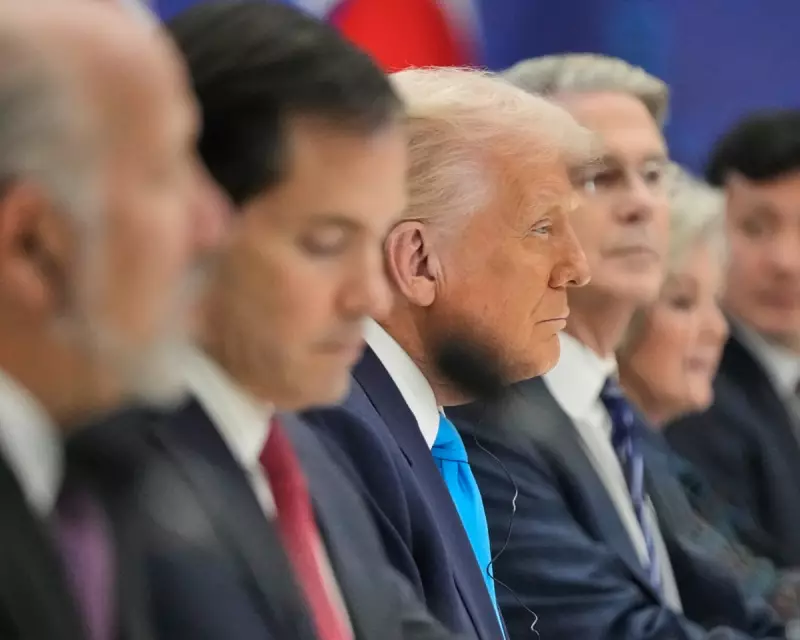
In a move that threatens to upend decades of constitutional precedent, Donald Trump's proposed tariff authority is setting the stage for a political confrontation that echoes one of the most dramatic Supreme Court battles in modern American history.
The Ghost of Reagan's Court Confrontation
Political historians are drawing unsettling parallels between Trump's planned tariff powers and President Ronald Reagan's 1986 Supreme Court nomination crisis. Much like Reagan's attempt to reshape the judiciary, Trump's tariff strategy represents a fundamental challenge to the separation of powers that has governed American democracy for generations.
Constitutional Lines in the Sand
The core issue revolves around whether any president should wield unilateral power to impose sweeping tariffs without congressional approval. Legal experts warn that such authority would effectively bypass the legislative branch, concentrating unprecedented economic power in the executive office.
This isn't merely a policy debate—it's a constitutional crisis in the making, one that could redefine the balance of power between Washington's three branches of government.
Why This Matters Beyond Politics
The implications extend far beyond partisan squabbles:
- Global economic stability hangs in the balance
- International trade relationships face potential disruption
- Legal precedents governing presidential power could be permanently altered
- Investor confidence may be shaken by unpredictable trade policies
Learning from History's Lessons
The Reagan-era Supreme Court battle ultimately reinforced the importance of checks and balances. When Reagan nominated Robert Bork to the court, the resulting Senate rejection—while politically contentious—demonstrated the system's built-in safeguards against excessive executive influence over the judiciary.
Today, as Trump proposes tariff powers that would circumvent traditional legislative processes, the question becomes whether similar institutional safeguards will hold against this new challenge to constitutional norms.
The Stakes for American Democracy
What makes this situation particularly concerning is the potential creation of a precedent that future presidents—regardless of party—could exploit. Once the genie of unilateral economic power is out of the bottle, it may prove impossible to put back in.
The very foundations of American democratic governance face a stress test unlike any since the Reagan years, and the outcome could shape the nation's political landscape for decades to come.





